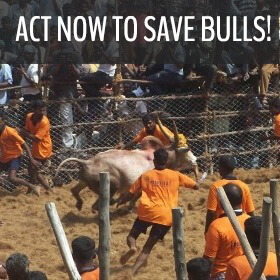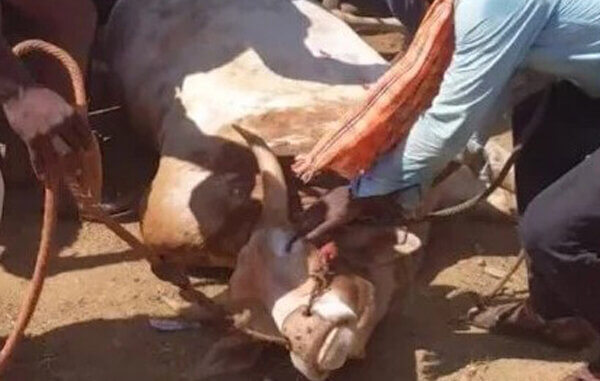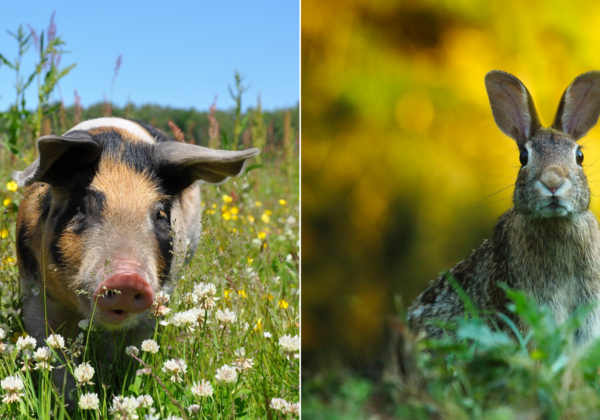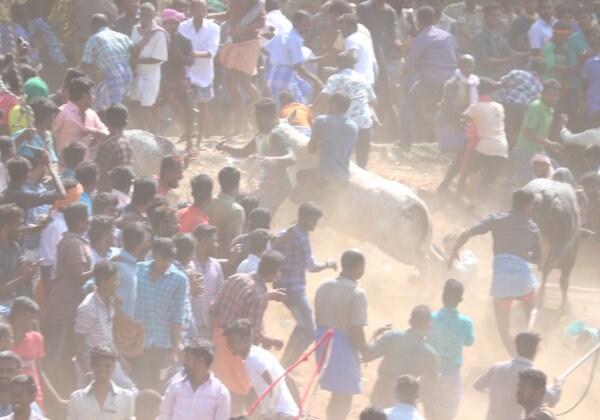PETA Rejoices as Supreme Court Upholds Ban On Use Of Bulls In Jallikattu
Today, after hearing the arguments of the counsel for the petitioner state of Tamil Nadu and counsels for the respondents – Animal Welfare Board of India (AWBI) and PETA India –the Honourable Supreme Court bench comprising of Justice Dipak Misra, and Justice Rohinton Fali Nariman dismissed the review petition filed by Tamil Nadu against the 7 May 2014 jallikattu ban confirmed by the Supreme Court via AWBI vs A Nagaraja & ors. With this dismissal, the 2014 judgement of the Supreme Court that struck down the Tamil Nadu Regulation of Jallikatu Act, 2009 –which aimed to allow jallikattu – and upheld the central government notification of 11 July 2011 banning the use of bulls in performances by the Supreme Court attains complete finality.
The petition filed with the court against the 7 January 2016 notification of the central government, which aimed to permit events like jallikattu, bull races, and bullfights and which has been stayed by the Supreme Court, is now posted for hearing on 1 December 2016. Today’s ruling emphasises once again that cruelty is inherent in such events and that jallikattu is illegal.
In 2014, the Supreme Court acknowledged that jallikattu and events like bull races and bullfights are inherently cruel, as bulls are not anatomically suited to such activities, and that forcing them to participate subjects them to unnecessary pain and suffering. The court also stated that when culture and tradition are at variance with the law enacted by Parliament, the law takes precedence.
When jallikattu was permitted in the past, hundreds of human participants were injured each year – and many were killed. Between 2010 and 2014, approximately 1,100 injuries to humans were reported by the media as a result of cruel and dangerous jallikattu-type events, and 17 people died – including a child. Since these figures were taken only from media reports available online, the actual figure is likely higher.
AWBI-authorised inspections, which included representatives from PETA India, documented that bulls used in jallikattu are deliberately disoriented and sustain broken tails. They’re also stabbed and jabbed with sickles, spears, knives, or sticks and are punched, jumped on, and dragged to the ground. Three bulls even died during jallikattu events in 2014. During races, bulls are often hit with nail-studded sticks and pushed beyond the point of exhaustion. In bullfights, which frequently take place in Goa, a round ends when one of the bulls manages to flee – or is killed.
Watch why jallikattu is banned.
You Can Help:
Urge the central government to withdraw it’s 7th January notification which aimed to permit jallikattu.









